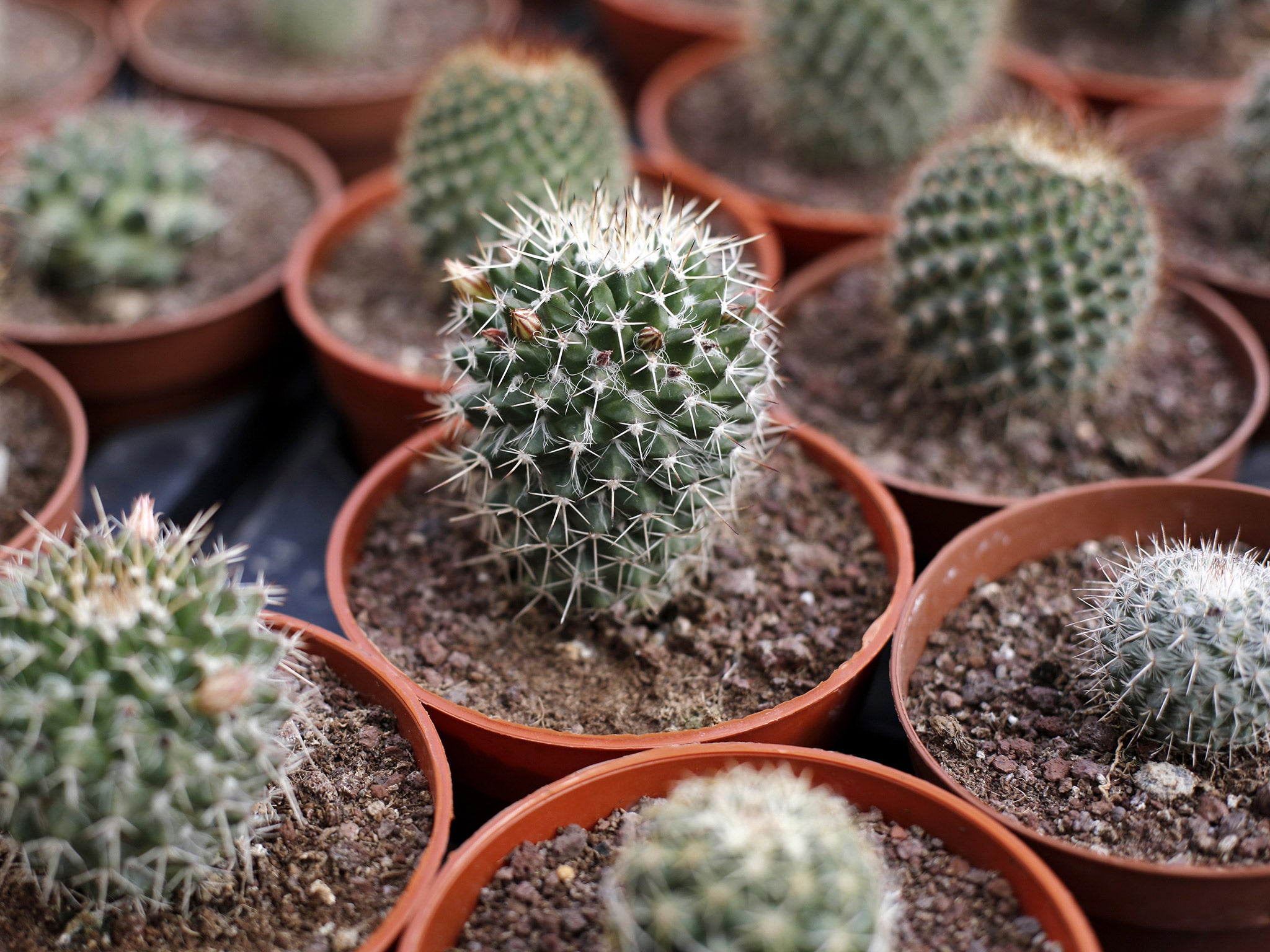The weirdest admission interview questions you get asked at Oxford University
They are designed to give candidates a chance to show their real ability and potential

Your support helps us to tell the story
From reproductive rights to climate change to Big Tech, The Independent is on the ground when the story is developing. Whether it's investigating the financials of Elon Musk's pro-Trump PAC or producing our latest documentary, 'The A Word', which shines a light on the American women fighting for reproductive rights, we know how important it is to parse out the facts from the messaging.
At such a critical moment in US history, we need reporters on the ground. Your donation allows us to keep sending journalists to speak to both sides of the story.
The Independent is trusted by Americans across the entire political spectrum. And unlike many other quality news outlets, we choose not to lock Americans out of our reporting and analysis with paywalls. We believe quality journalism should be available to everyone, paid for by those who can afford it.
Your support makes all the difference.At Oxford University, one of the most prestigious educational institutions in the world, admission interview questions often move past the norm.
"Interviews are not about reciting what you already know," Samina Khan, director of undergraduate admissions said in statement. "They are designed to give candidates a chance to show their real ability and potential, which means candidates will be encouraged to use their knowledge and apply their thinking to new problems in ways that will both challenge them and allow them to shine."
In answering them, it's not about what's "right", Khan explains, but "responding to new ideas." There are loads of example questions — many of them straight-lined — but we selected some of the wackier ones for you to test yourselves on. Remember, there's no perfect response.
Question: Is it easier for organisms to live in the sea or on land?

Subject: Biological Sciences
Q: What makes a short story different from a novel?

Subject: Modern Languages
Q: Imagine we had no records about the past at all, except everything to do with sport – how much of the past could we find out about?

Subject: History
Q: Why do human beings have two eyes?

Subject: Experimental Psychology
Q: Should poetry be difficult to understand?

Subject: Modern Languages
Q: Is violence always political? Does 'political' mean something different in different contexts?

Subject: History
Q: Ladybirds are red. So are strawberries. Why?

Subject: Biological Sciences
Q: If the punishment for parking on double yellow lines were death, and therefore nobody did it, would that be a just and effective law?

Subject: Law
Q: Why do you think an English student might be interested in the fact that Coronation Street has been running for 50 years?

Subject: English Literature
Q: What is 'normal' for humans?

Subject: Psychology
Q: Would it matter if tigers became extinct?

Subject: Biological Sciences
Q: If you could invent a new musical instrument, what kind of sound would it make?

Subject: Music
Q: Here’s a cactus. Tell me about it.

Subject: Biological Sciences
This piece was originally written by Joshua Barrie.
p>Read more:
• Barack Obama says Britain is a 'free rider'
• These tweets nail the absurdity of many tech offices
• 4 reasons why the Irish economy killed it in 2015
Read the original article on Business Insider UK. © 2015. Follow Business Insider UK on Twitter.
Join our commenting forum
Join thought-provoking conversations, follow other Independent readers and see their replies
Comments